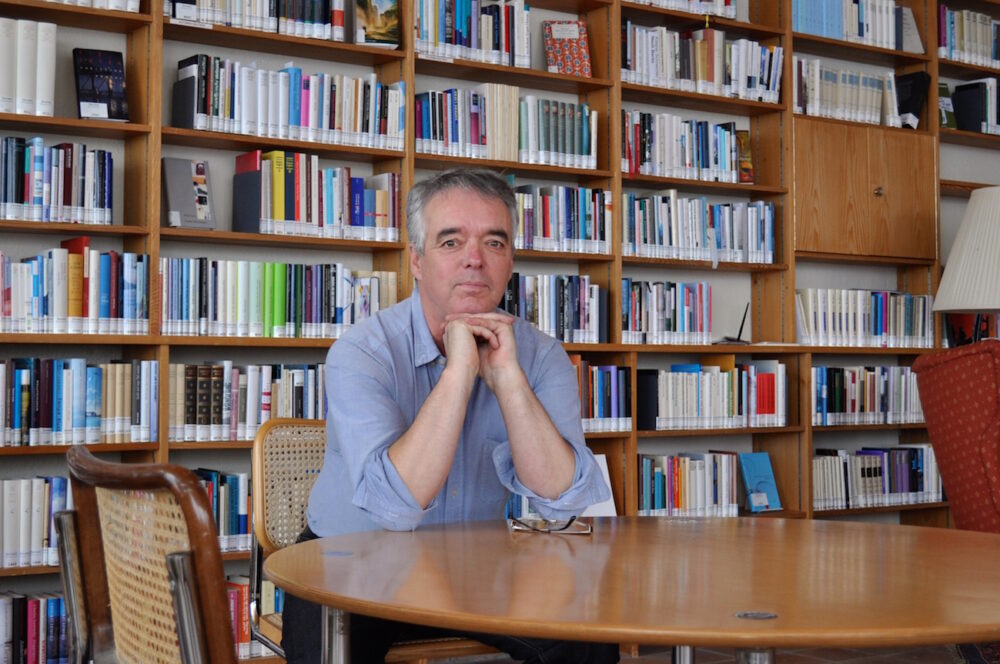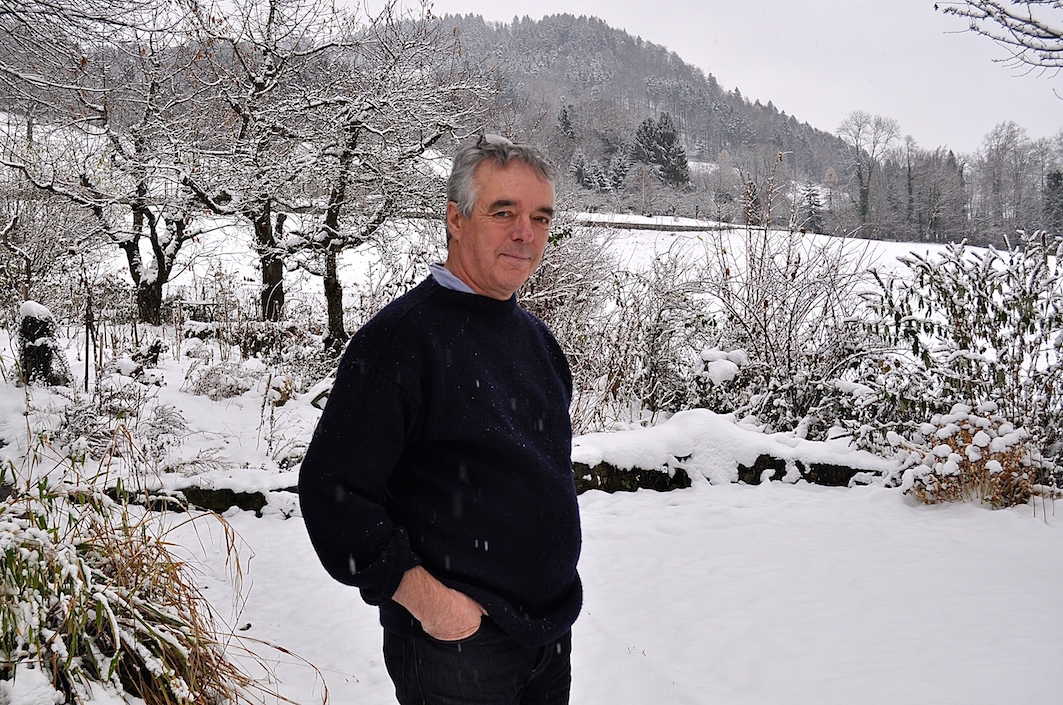"I find poetry hardest to translate"

Seven questions for Shaun Whiteside, translator in London
What are you translating right now?
Never Forget, my third book by the French novelist Michel Bussi, author of Black Water Lilies, which was published last year. He’s a wonderful story-teller, and a master of misdirection.
What do you find most difficult to translate?
I find poetry hardest to translate, and for that very reason I get the most fun out of it. Every word has to be weighed, a multitude of meanings, registers, echoes, literary references, moods to be sifted through. When it works it’s a very satisfying process. I’ve learned a lot by working with Michael Fehr on pieces from his collection Glanz und Schatten. He’s a fascinating writer.
How or why did you become a translator?
After a couple of false starts I discovered that it was the thing I really enjoyed doing. I used to translate for fun when I was a student, partly as a way of learning different languages. It became something like second nature, and when I was doing other jobs, as a journalist and later as a lexicographer, I used to translate for friends who were doing academic research. I just always loved it, and I’ve been very lucky to be able to pursue translation as a career.
How did you get your first translation?
Like many people in those days – I don’t think it happens so much now – it was by chance, or almost. I was writing readers’ reports for a publishing house and a German book came up, some essays by the film-maker Wim Wenders. I couldn’t believe my luck, and other books followed from there.
Do you have an additional profession or another job alongside your translation work?
I used to work as a researcher on television documentaries, but these days my living comes entirely from translation. I review translations occasionally in the press, but in a way that’s part of the same thing.
What do you like about Translation House Looren, and what don’t you like?
The peace and quiet and the opportunity to work undisturbed for hours, knowing that other people around you are doing exactly the same thing. The setting is fabulous and there are terrific walks when you need to clear your head. Marco cooks a great dinner. Always pleased to see Sissi the cat when she comes up from the farm in the morning. What don’t I like? Nothing. There’s nothing not to like.
What’s the most beautiful word in your language and what does it mean?
I’m going to go for ‘murmuration’, the name for a cloud of starlings in flight.
Bio: Grew up in Northern Ireland, studied languages at Cambridge. Became a translator in my mid-twenties after working as a journalist and a lexicographer. Former chair of the Translators Association, which I now represent as a board member of CEATL, the European Council of Literary Translators’ Associations. I live in London with my wife and son.
Country: United Kingdom
Source languages: German, French, Italian, Dutch
Target languages: English
Translations: (selection) Most recently: Ralf Rothmann: To Die in Spring; Norman Ohler: Blitzed; Nicola Pugliese: Malacqua.

Interview and photographs: Janine Messerli, Translation House Looren

